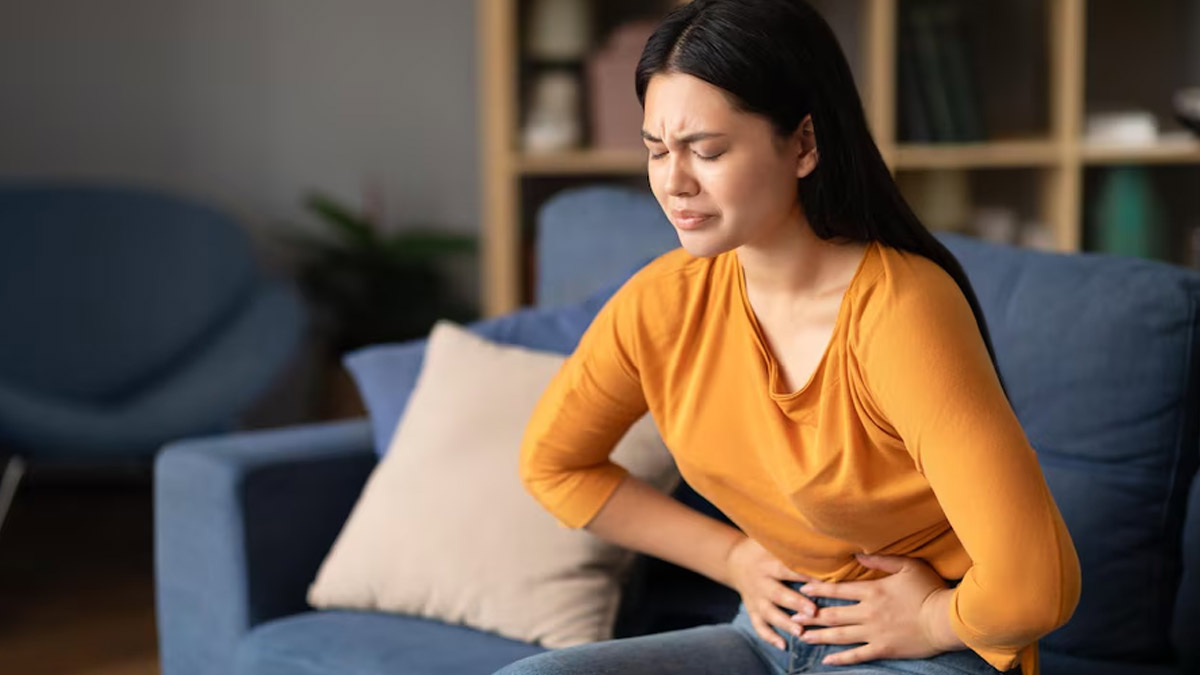
It’s hot and humid, and with monsoons wreaking havoc in many parts of India, people are also facing various health challenges, such as food poisoning. Since the beginning of summer, experts have encouraged people to drink plenty of fluids to keep dehydration at bay. Now, with the rainy season here, you’re also at an increased risk of food-borne illnesses. While both dehydration and food poisoning can cause similar symptoms, it is crucial to understand the difference between the two conditions. This not only helps determine the underlying cause but also facilitates proper and effective treatment. Dr Brunda M S, Consultant, Internal Medicine, Aster CMI Hospital, Bengaluru, sheds light on the same and shares preventive measures.
Table of Content:-
Also Read: Dehydration: Signs That You're Not Having Enough Water
Why Dehydration Occurs

“Dehydration occurs when one’s body loses more fluids than it takes in,” says Dr Brunda, adding that insufficient water intake, excess physical activity, vomiting, and diarrhoea could be some of the causes.
While people of all ages can develop dehydration, older adults and young children are more prone to the condition. In fact, according to StatPearls Publishing, the elderly population is 20–30% more at risk of developing dehydration due to immobility, impaired thirst mechanisms, diabetes, renal disease, and falls.
Cause Of Food Poisoning
Dr Brunda says, “Food poisoning happens when one consumes contaminated food or water.” This contamination could be due to bacteria, viruses, or parasites. She explains, “These microorganisms can grow rapidly in unhygienically stored or prepared food, which could be contaminated with toxins or may cause infections.”
In general, unsafe food causes 60 crore cases of foodborne diseases and 4.2 lakh deaths each year, according to the World Health Organization (WHO). 30% of the total deaths involve children under five years of age.
Symptoms Of Dehydration And Food Poisoning
Common symptoms of dehydration include:
- Excessive thirst
- Fatigue
- Nausea and vomiting
- Diarrhoea
- Dark urine
- Headaches
- Dizziness
- Dry mouth
Common symptoms of food poisoning include:
- Diarrhoea
- Stomach pain or cramps
- Nausea
- Vomiting
- Fever
What Is The Difference Between Dehydration And Food Poisoning?

According to Dr Brunda, food poisoning and dehydration can lead to some similar symptoms, making it challenging to distinguish between the two.
The key is to pay attention to the duration of the conditions.
“Dehydration develops gradually over time, unlike food poisoning symptoms, which can appear immediately after consuming contaminated food. Additionally, food poisoning symptoms may persist for several days, whereas dehydration symptoms typically improve with proper hydration,” the doctor highlights.
She adds, “In severe cases of food poisoning, bloody diarrhoea can be a key differentiating symptom, prompting the need for medical attention.
Also Read: Expert Shares What to Eat Right After A Bad Food Poisoning
How One Condition Causes Or Affects The Other?
There is a chance that one condition can either lead to the other condition or worsen its symptoms.
For instance, food poisoning can lead to dehydration due to vomiting and diarrhoea, and this is especially dangerous for children and senior citizens who may dehydrate quickly, says Dr Brunda.
On the other hand, dehydration can worsen food poisoning symptoms and hinder recovery as it can disturb the process of flushing out toxins.
Normally, the body fights back by flushing out toxins through increased stool output. But when one is dehydrated, stools become harder to pass, trapping those toxins in the system, explains the doctor.
Preventive Measures

Here are some of the ways to prevent both dehydration and food poisoning:
- Aim for at least 8 glasses (2 litres) of fluids daily.
- During hot weather, increase your fluid intake to compensate for sweat loss.
- Opt for low-sugar, homemade fresh fruit, and vegetable drinks instead of sugary sodas.
- Make hand hygiene a priority; wash your hands thoroughly with soap and warm water before handling food and eating.
- Cook meat, poultry, eggs, and even vegetables to safe internal temperatures to kill harmful bacteria.
- Don't leave leftovers at room temperature for more than 2 hours; refrigerate or freeze food to slow down bacterial growth.
- Always check the expiration dates on packaged foods and avoid consuming anything past its expiration date.
- Maintain good kitchen and cooking space hygiene by cleaning and sanitising surfaces regularly, especially after handling raw meat or poultry.
- Avoid consuming raw or undercooked meats, and be cautious with salads if unsure of proper hygiene practices.
Conclusion
Both food poisoning and dehydration can negatively impact health. They can sometimes lead to identical symptoms, which is why it may become difficult to differentiate between the two. However, paying close attention to specific symptoms and the duration of the illness can give you some insights. Most importantly, consulting a doctor can help confirm the diagnosis and ensure proper and effective treatment.
Also watch this video
How we keep this article up to date:
We work with experts and keep a close eye on the latest in health and wellness. Whenever there is a new research or helpful information, we update our articles with accurate and useful advice.
Current Version